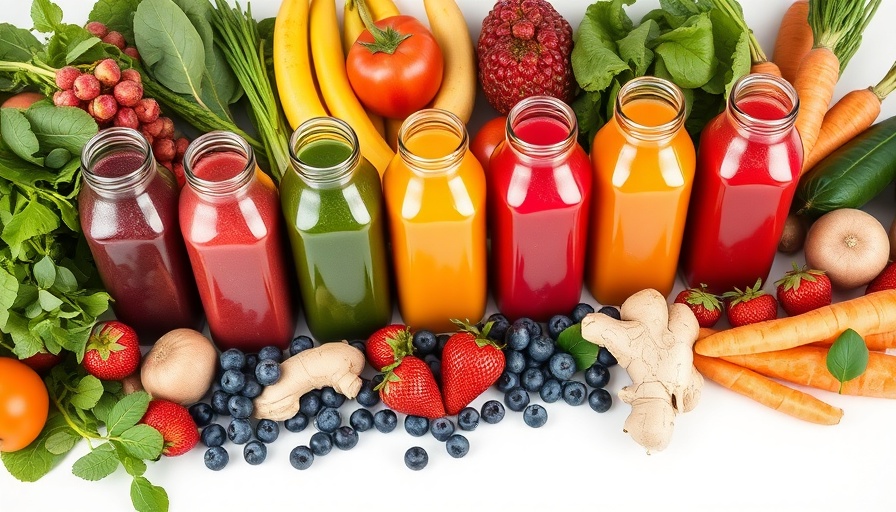
The Realities Behind Juice Cleanses
Juice cleanses have gained immense popularity in recent years, driven by promises of rapid weight loss, enhanced skin health, and a surge of energy. However, while sipping vibrant orange and green juices may seem appealing, the truth behind such diets is far more complex.
Understanding Weight Loss Claims
The most common allure of juice cleanses is their potential for quick weight loss. These cleanses typically require participants to consume only juices made from fruits and vegetables for a period ranging between three to ten days. While initial weight loss is indeed observed, it should be noted that this is predominantly due to water loss and reduced glycogen stores rather than actual fat loss. Upon reintroducing solid foods, the lost weight often returns. Moreover, such extreme calorie restriction can lead to metabolic slowdowns, making it even harder for individuals to maintain the weight loss long-term.
Hormonal Impacts of Juice Cleanses
For many, especially women, juice cleanses can disturb hormonal equilibrium. This effect is particularly pronounced during the luteal phase of the menstrual cycle. The drastic reduction in caloric intake can lead to heightened cortisol levels—a stress hormone that can trigger increased cravings and fluctuating appetites. This hormonal rollercoaster could potentially lead to a cycle of overeating post-cleanse, counteracting any benefits gained during the cleansing period.
Digestion: Fiber vs. Juice
While juices are rich in vital micronutrients and antioxidants, they are notably low in fiber. Fiber plays a significant role in digestive health by promoting regularity and sustaining gut microbiota balance. Juicing strips away this essential component, underlining the importance of incorporating whole fruits and vegetables into diets instead of relying solely on juice. Consuming a variety of plant-based foods can ultimately yield better digestive health and long-term benefits compared to cleanses.
Can Juice Cleanses Really Improve Skin?
Many fans of juice cleanses swear by their impact on skin health. While it's true that fresh juices can provide vitamins beneficial for the skin—like Vitamin C and A—they fail to deliver the full spectrum of nutrients necessary for sustained skin radiance. Proteins and healthy fats, such as omega-3 fatty acids, are critical to maintaining skin health, and a juice-only regimen simply cannot provide these. A diversified diet that includes a balance of whole foods can cater to skin health much more effectively.
Energy Levels and Sustainability
Many people find that the initial burst of energy from consuming juices is quickly followed by a sharp decline. This phenomenon is largely attributed to the absence of protein and fiber in juices, leading to rapid sugar absorption and subsequent energy crashes. For sustained energy, balanced meals that incorporate complex carbohydrates, proteins, healthy fats, and fiber are essential.
The Truth About Detoxification
Another prevalent claim surrounding juice cleanses is their potential for detoxification. However, our bodies already have adept mechanisms—the liver, kidneys, and gut—to manage waste efficiently. Focusing on a healthy, balanced diet rich in whole foods will naturally support the body’s detoxification processes without necessitating extreme measures like juice cleanses.
Wrapping Up: The Better Approach to Health
Instead of resorting to juice cleanses, consider nurturing your body with various whole foods. A balanced diet supplemented by hydration, physical activity, and mindfulness can foster wellness without the pitfalls of extreme dieting. It’s essential to understand your body’s needs and respond accordingly, ensuring a sustainable and healthy lifestyle that lasts.
If you're contemplating a cleanse, take a step back and evaluate a holistic approach to your health. Consider talking to a healthcare professional or a nutritionist who can guide you toward choices that support your long-term wellness. Healthy living is achievable for everyone—embrace the journey to wellness!
 Add Row
Add Row  Add
Add 



 Add Row
Add Row  Add
Add 
Write A Comment